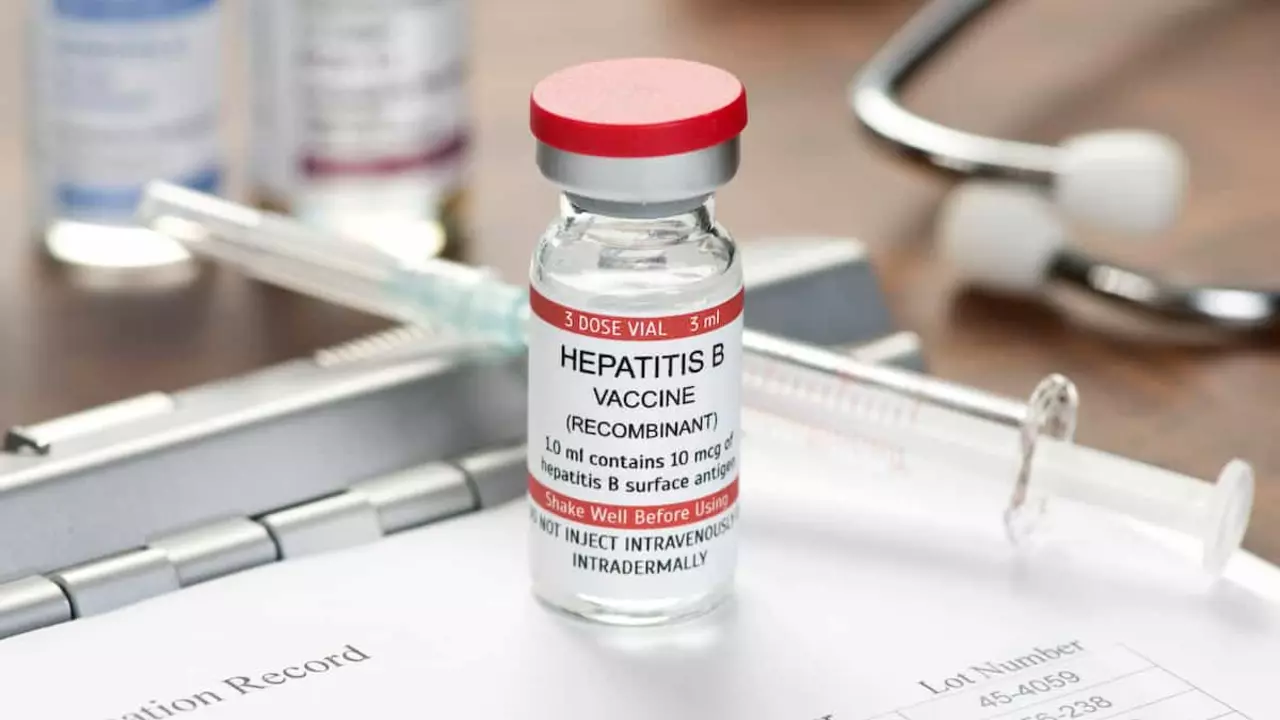Hepatitis C: Essential Facts and Practical Advice
Hepatitis C is a liver infection caused by the hepatitis C virus (HCV). It spreads mainly through blood-to-blood contact, which can happen from sharing needles, unsterilized medical equipment, or less commonly, through sexual contact. Many people with hepatitis C don’t notice symptoms at first, so it often goes untreated.
If you catch hepatitis C, early signs can include fatigue, muscle aches, mild fever, and yellowing of the skin or eyes (jaundice). But since symptoms may not show up for years, testing is crucial especially if you’re at risk.
How Is Hepatitis C Treated?
Good news: hepatitis C treatment has gotten a lot better recently. Antiviral medications can now clear the virus in most cases, which means many people can fully recover with proper treatment. Treatment length usually ranges from 8 to 12 weeks, depending on the medicine and your health.
Sticking to your medication schedule and following your doctor's advice helps the treatment work best. After treatment, your doctor will likely check your blood to make sure the virus is gone and your liver is healing.
Preventing Hepatitis C Infection
Prevention is the smartest move. Avoid sharing needles, ensure tattoos or piercings are done with sterile equipment, and practice safe sex. If you work in healthcare, use protective measures when handling blood. There’s currently no vaccine for hepatitis C, so these precautions are key.
If you suspect you’ve been exposed to hepatitis C, or if you have risk factors like past intravenous drug use, ask your doctor about getting tested. Early diagnosis can save your liver from serious damage.
Living with hepatitis C can be scary, but with today's treatments and precautions, it doesn't have to control your health. Stay informed, get tested if needed, and talk openly with your healthcare provider to manage your liver health effectively.

